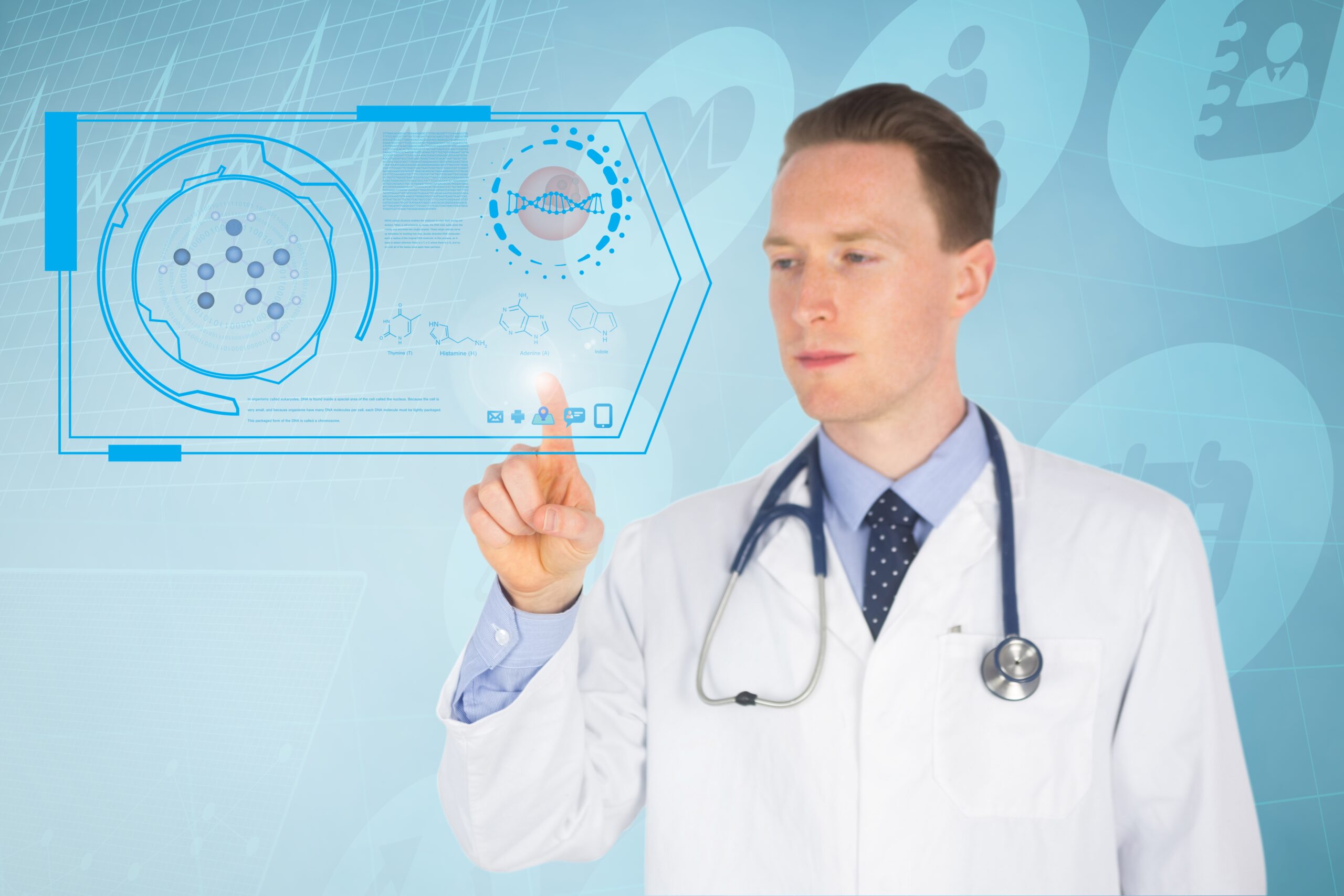Harnessing the Power of Artificial Intelligence and Machine Learning in Healthcare
In the ever-evolving landscape of healthcare, the integration of cutting-edge technology has become a game-changer. Among these technological advancements, artificial intelligence (AI) and machine learning (ML) are taking the lead in revolutionizing patient care, diagnosis, treatment, and the overall healthcare experience. Health care providers are increasingly leveraging AI and ML to enhance efficiency, accuracy, and patient outcomes. In this blog, we will explore how healthcare providers are harnessing the potential of AI and ML.
- Disease Diagnosis and Risk Prediction:
One of the most significant applications of AI and ML in healthcare is disease diagnosis and risk prediction. Advanced algorithms can analyze vast datasets, such as medical images, patient records, and genetic information, to detect patterns and anomalies that may elude human experts. AI-driven diagnostic tools can assist healthcare providers in identifying diseases at an earlier stage, allowing for more effective treatment and improved patient outcomes. - Personalized Treatment Plans:
AI and ML are transforming the way treatment plans are created. By analyzing a patient’s genetic makeup, medical history, and other factors, these technologies can tailor treatment recommendations to suit individual needs. This personalized approach not only increases the likelihood of successful treatment but also minimizes potential side effects, making healthcare safer and more effective. - Drug Discovery and Development:
The drug discovery process is notoriously lengthy and costly. AI and ML have the potential to expedite this process significantly. Through the analysis of vast datasets, these technologies can identify potential drug candidates, predict their efficacy, and even simulate their effects on the human body. This not only accelerates the development of new treatments but also reduces the associated costs. - Administrative Efficiency:
AI and ML are also streamlining administrative tasks in healthcare. They can help with appointment scheduling, billing, and medical coding, reducing the administrative burden on healthcare providers. This, in turn, allows healthcare professionals to spend more time on patient care and less on paperwork. - Predictive Analytics:
Predictive analytics powered by AI and ML are aiding healthcare providers in managing resources more effectively. Hospitals can forecast patient admission rates, optimize staff allocation, and even predict disease outbreaks. This proactive approach ensures that healthcare facilities are better prepared for the challenges they may face. - Remote Monitoring and Telemedicine:
AI and ML play a pivotal role in remote patient monitoring and telemedicine. Wearable devices and health apps can collect real-time data on patients’ vital signs and health metrics. AI algorithms analyze this data to identify potential issues or changes in a patient’s condition, enabling early intervention and reducing hospital readmissions. - Natural Language Processing:
AI-driven natural language processing is enhancing medical documentation and electronic health records. These technologies can extract critical information from medical notes and convert it into structured data, improving the accuracy of medical records and facilitating research.
In conclusion, healthcare providers are embracing AI and ML as powerful allies in their mission to deliver the best possible care to patients. From early disease detection to personalized treatment plans and administrative efficiency, these technologies are transforming every facet of the healthcare industry. While the full potential of AI and ML in healthcare is still unfolding, it is clear that they are paving the way for a future where healthcare is more precise, efficient, and patient-centered. As AI and ML continue to evolve, they will undoubtedly play a pivotal role in shaping the healthcare landscape of tomorrow.
